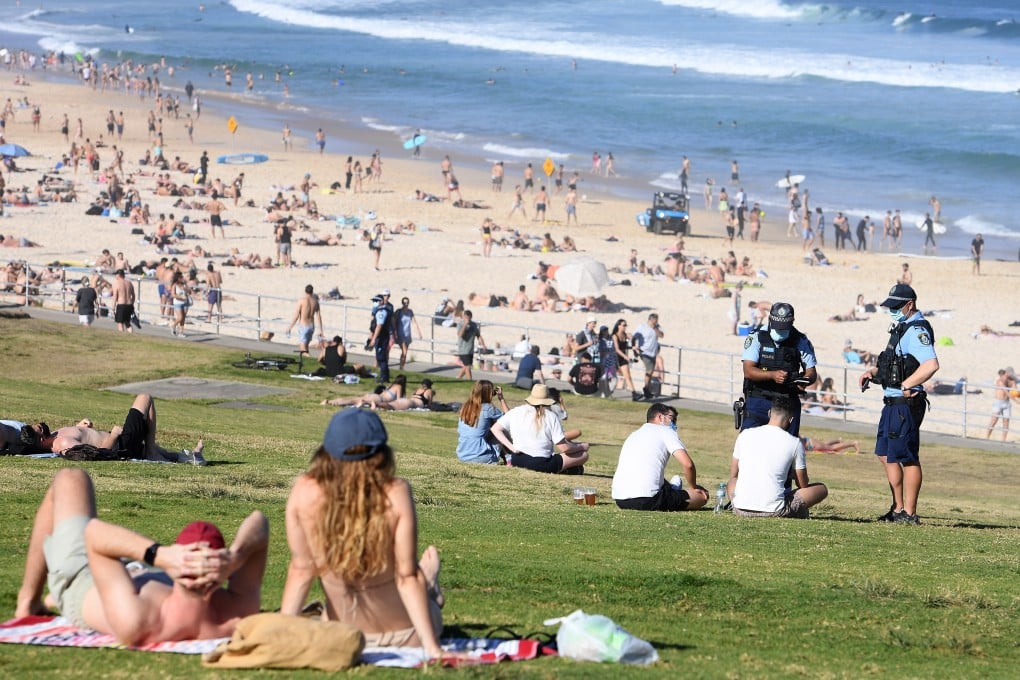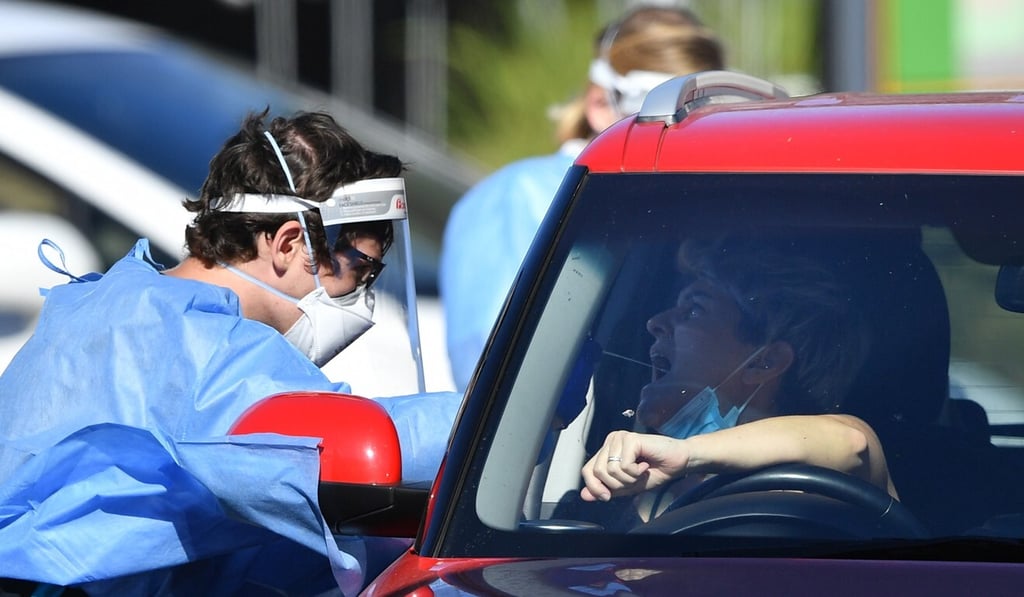Coronavirus: Australia posts record one-day rise in cases; Japan worries about easing curbs
- Australia on Saturday posted 2,077 infections, surpassing the previous day’s record of 1,903, as Queensland warned it may order a snap lockdown
- Elsewhere, cases rose in New Zealand, denting optimism about elimination; and Bangkok plans to reopen to vaccinated tourists in October

Queensland state, home to more than 5 million people, said it had detected five new infections in the past 24 hours after a family tested positive. The next few days would be critical to see if a lockdown was warranted, authorities said.
“If we start seeing any seeding, then we may have to take very quick, fast action. But at the moment, it’s contained to the family,” said state Premier Annastacia Palaszczuk.

The family lives in Brisbane, the state’s capital. It was not clear whether a lockdown would be limited to some parts of the state like previous orders.
New South Wales, home to Sydney and Australia’s most-populous state, is under lockdown as are the cities of Melbourne and Canberra. A lockdown for Queensland would be another blow to Australia’s A$2 trillion (US$1.5 trillion) economy, which could slip into a second recession in as many years.